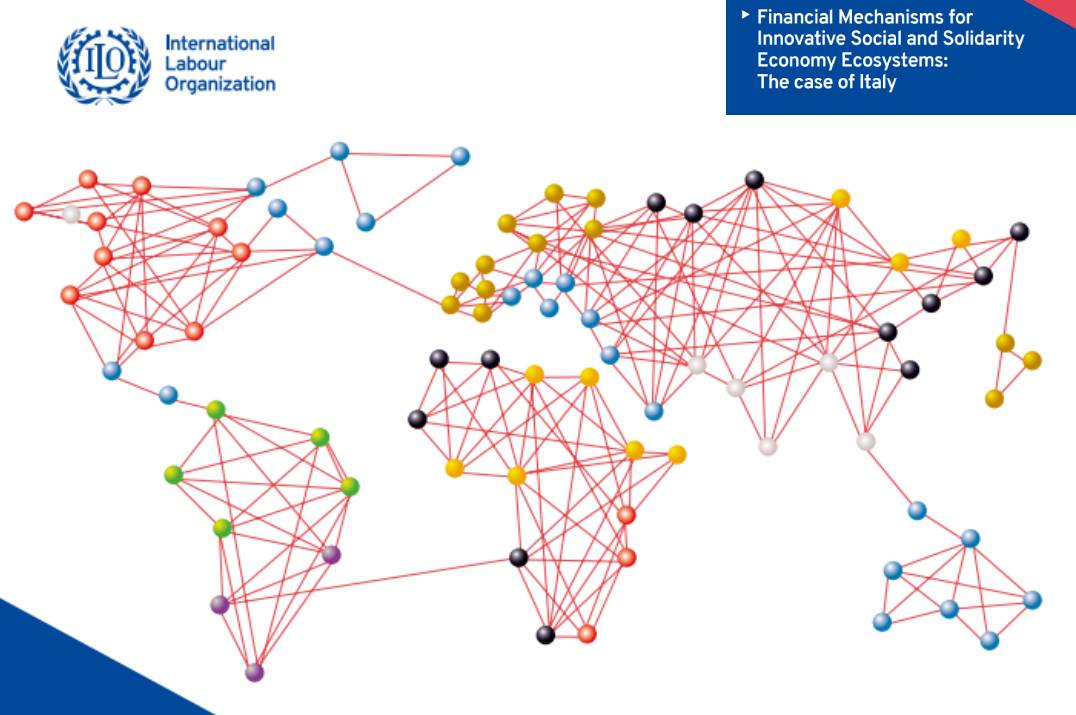Financial Mechanisms for Innovative Social and Solidarity Economy Ecosystems: The case of Italy
This study presents an analysis of the social and solidarity economy (SSE) in Italy and of the financial mechanisms available to Italian SSE organisations to fund their operations and investments. The analysis is based on the latest available data and research and seeks to present an up to date snapshot of the Italian SSE ecosystem in all of its various components, focusing in particular on the issue of finance for the SSE. The picture that emerges from the work is that of a highly diversified and resilient sector with various financial instruments at
its disposal. While the Italian SSE has been negatively impacted by the COVID crisis, it is poised to play an important role in the recovery effort.
The study is one of a set of papers on “Financial Mechanisms for Innovative Social and Solidarity Economy Ecosystems” which are now available from the ILO
The social and solidarity economy (SSE) is receiving increased attention for its role in addressing a variety of economic and social challenges, ranging from the future of work to the provision of social services. The social and economic problems around the global COVID-19 pandemic have brought into focus the need to strengthen the SSE to support the recovery process, along with the public and private sector.
In 2018, the International Labour Organization (ILO) launched a research project on ‘Financial Mechanisms for Innovative Social and Solidarity Economy Ecosystems’, funded by the Luxembourg government. Conducted in cooperation with EURICSE research institute , the project was organized into three stages. First was the development of a comprehensive overview of possible financial sources and mechanisms through which these resources could be accessed, both traditional and innovative, generic and tailored to the specific characteristics of SSE organisations. Second, with national researchers, the project investigated how SSE ecosystems are structured and the kinds of financial resources SSE organisations use in eight countries around the world. Finally, a comparative analysis of the findings was conducted to tease out cross-cutting themes and overarching issues and to develop a list of policy recommendations.
The national case studies that were developed in the context of the project, were instrumental in developing the insights presented in the final report published in 2019. They are now being made available as free-standing documents by the ILO. The five national reports present the analysis conducted in Ecuador, Italy, Morocco, Republic of Korea, Quebec (Canada). They have been updated to reflect the latest trends and data and with the addition of a set of observations on the impact of the COVID-19 crisis and the role of the SSE in post-COVID-19 recovery efforts.


